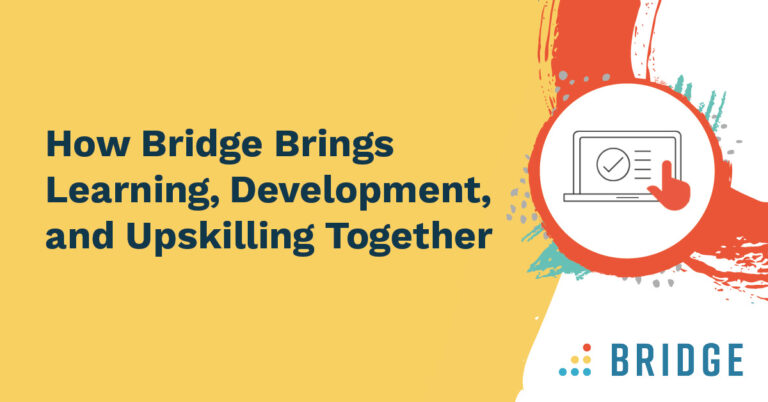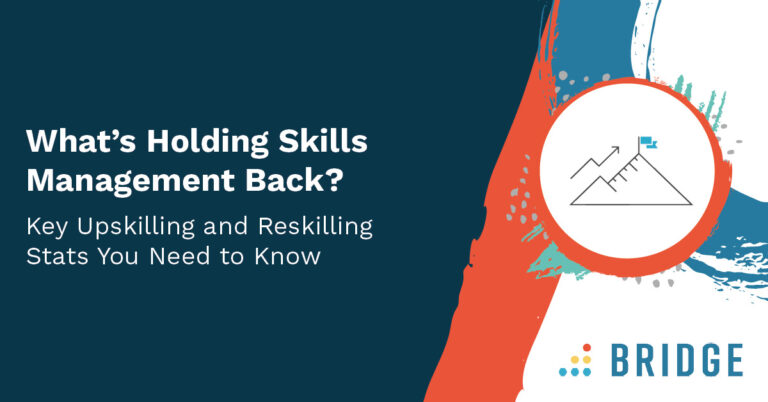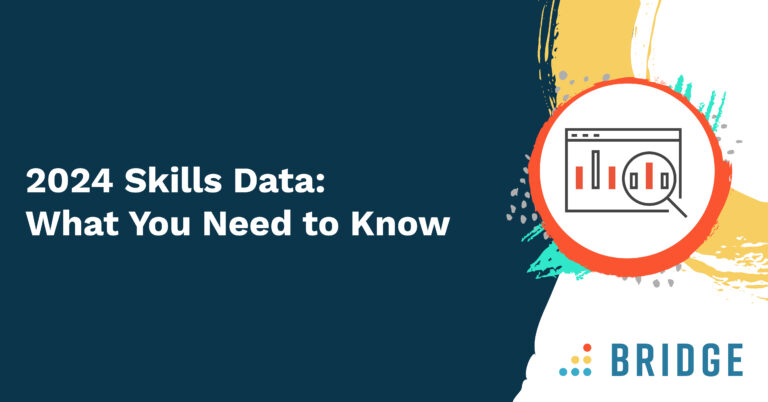If 2020 was the year of workplace disruption, 2021 was the year of continuous change. I think 2022 will be the pivotal year in which organisations will either make their version of the ‘new normal’ work, or crumble under the challenges of the changes of the past two years.
In this 2-part post series, I will outline my predictions for what 2022 holds for the world of work. I hope it helps you to re-evaluate the changes of the past 18 months and make lasting changes for the better.
The Challenges of Hybrid Working Will Be at the Forefront of Business Leaders’ Minds
The business case for hybrid and flexible work structures has been made clear over the past 18 months. In September the BBC reported that flexible working boosts career progression for women. Last month the Flexonomics report found that Flexible working currently contributes £37bn to the UK economy and a 50% increase in flexible working could unlock £55bn in benefits to the economy. Many businesses have tried to return to the pre-pandemic model but Omicron and the arrival of Plan B underlines the need for more operational flexibility.
But that doesn’t mean that hybrid working isn’t without its challenges. The October results of the Worldcom Confidence Index, highlighted that flexible working had the biggest fall in business leader confidence since September, out of all topics. In 2022, the challenges will become more apparent as employees enter the third year as a dispersed workforce.
Business leaders will face a range of challenges. These include: misalignment between office based and remote employees; decreased collaboration between teams; an employee engagement divide between office based and remote employees; feelings of inequality associated with different working conditions for different teams; burnout and poor mental health.
Sustainable Behaviour Will Be More Important Than Ever
The same Worldcom report also found that ESG, sustainability and reducing plastics was the fifth most talked about topic by business leaders across the globe. In 2022, it will no longer be enough for organisations to make vague or vanilla sustainability commitments. Organisations will need to outline their short, medium and long term sustainability strategy and the tangible steps they will be taking to achieve them.
One of the key messages from COP26 is that individual action can make a big difference. But many employees may be feeling helpless and overwhelmed by the realities of the climate crisis and uncertain about how they can contribute. Smart companies will help their employees to feel that small changes in the way they behave at work can have a big collective contribution. I believe this will see real benefits in terms of the mental wellbeing that comes with people feeling more in control, and feeling like they are making a positive contribution to the quality of life experienced by future generations. Organisations that do not support employees in making these changes will become much more at risk from the ‘Great Resignation’.
Line Managers Will Be Crucial for Retaining Talent
A study by TalentTrack says organisations are in a “hiring frenzy”. The study estimates that there have been approximately 4 million job hires between September 2020 and 2021, at an estimated recruitment cost of £18.5bn. And it predicts the problem will get worse.
Unsurprisingly, this means that in 2022 employers will be increasingly concerned about losing talent, putting line managers in the front line of the battle for talent. A few years ago, we commissioned some research that found that over 30% of employees had left an employer because of the way they were treated by their line manager.
Poor line management also has the power to indirectly and negatively influence many other drivers of turnover, such as: lack of career development/promotion opportunities and inadequate motivation. Good line management on the other hand has the power to alleviate all of these issues by supporting the key tenets of the SCARF neuroscience framework – reinforcing the value an employee delivers to an organisation, proving greater certainty over what will happen next at work, providing clear levels of autonomy and ensuring that people feel connected to their colleagues and fairly treated.
In 2022, line managers will play a pivotal role in the retention programs of successful organisations to combat the negative effects of the great resignation and Brexit.
I hope these predictions have helped give you some insight into where you can focus to make 2022 a successful year for you and your organisation. My next post will outline more changes I think we will see in 2022. What predictions do you have? I’d love to hear them in the comments.



